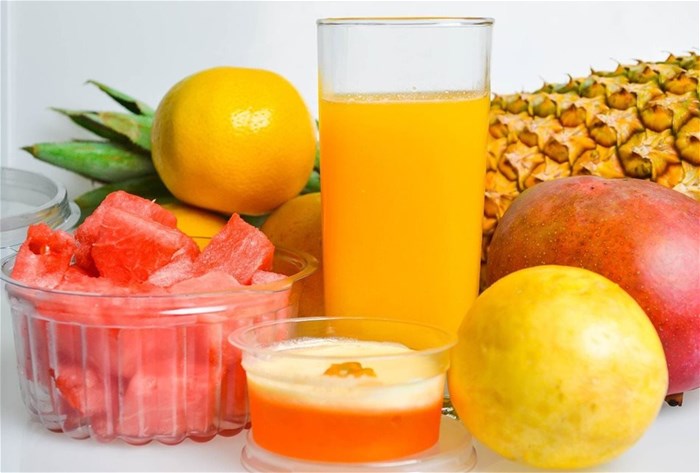As the new year kicks off, it’s the perfect time to get into healthy habits and embrace positive changes for 2024.
In South Africa, over 700 people die every day of non-communicable diseases (NCDs) — a figure predicted to increase over the next decade. NCDs are a group of conditions that are not spread from person to person, but rather result from a combination of genetic, behavioural, environmental, and metabolic factors.
Lifestyle choices such as unhealthy diets, lack of physical activity, tobacco use and excessive alcohol consumption contribute significantly to the development of NCDs. Some common examples include cardiovascular issues such as heart disease and strokes, cancer, chronic respiratory diseases and diabetes.
Over the past two decades, the mortality rate in South Africa has increased by 58,7%. This statistic is marked by an incredibly high prevalence of NCDs in the country, with diabetes as the country’s second biggest killer after TB.
Arthur Ramoroka, Tiger Brands’ corporate nutritionist and Eat Well Live Well ambassador, shares advice on how South Africans can kick-start the new year in the best and healthiest way possible.
Getting a jump start on healthier living
With so many sunny days on the horizon, you need to make sure you avoid the sugar trap and stick to your health goals, particularly when it comes to sugary drinks – you can be consuming more calories and sugars without even realising it.
Local fitness and wellness influencers are turning to drinks without calories, to help keep their healthy habits on track, opting for lower number of calories, including milk alternatives or sugar-free lemonade.
A healthier nutritional balance
Small lifestyle changes can play a big part too. One area where we can make the most impact is our daily diets. For example, if you are overweight, you can substantially decrease the risk of diabetes by just losing 5-7% of your starting weight. But prevention doesn’t only apply to weight loss. Maintaining a healthier nutritional balance all round is the best way to make sure you and your family stay healthy.
Cutting out high-fat foods, reducing your intake of processed foods, cutting portion size and eating more fresh fruits and vegetables will go a long way towards a healthier lifestyle. It's crucial to recognise that limiting the amount of sugary drinks also plays a major role in preventing diabetes—something many often overlook.
People who regularly consume sugary drinks, averaging one to two cans a day or more, face a 26% greater risk of developing Type 2 diabetes than people who rarely have such drinks. In South Africa, it’s estimated that the average volume per person in the soft drinks market is expected to reach 43.92 liters in 2023. Let that sink in. That is 43.92 liters per person. We are facing a sugar crisis - and that’s just taking into account what we’re drinking.
If we simply made the small change of choosing drinks with less sugar and low kilojoules, we’d already be well on the way to changing a large facet of our lifestyle that could prevent diabetes.
By combining low-kilojoule drink options with a healthier diet, and about 20 minutes of activity a week, diabetes can be prevented. For those who already have the disease, these small changes can reverse some of the most dangerous outcomes. In some cases, individuals can even return their glucose levels to a non-diabetes range.
This is a life-changing opportunity to get back on track with some simple changes that can improve your quality of life and give you more time with those you love. It’s time for us to own our health journeys by taking charge of what we nourish our bodies with. There are healthier options available and we owe it to ourselves and our families to start exploring them.








































